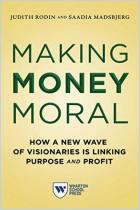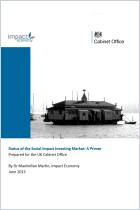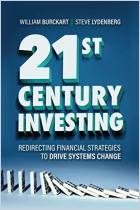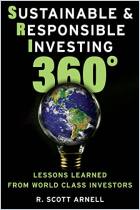
From the Margins to the Mainstream
Assessment of the Impact Investment Sector and Opportunities to Engage Mainstream Investors
Read or listen offline
Amazon KindleRecommendation
Many investors believe that they must forego profits to advance social or environmental goals with their investments, but the World Economic Forum’s Michael Drexler and Abigail Noble say otherwise – advancing good causes and earning good returns can go together. “Impact investing” is a relatively new investment approach that seeks to generate financial returns and to have measurable, positive social effects. This report presents a well-organized, balanced view of impact investing and addresses its obstacles and benefits. getAbstract recommends this intriguing study to foundation executives, family offices, private equity firms, asset managers, institutional investors and high-net-worth individuals considering impact investments for their portfolios.
Summary
About the Author
Michael Drexler is senior director and head of investors industries at the World Economic Forum USA, where associate director Abigail Noble heads impact investing initiatives.



















Comment on this summary or Démarrer une discussion